Forest Research Institute (FRI) Dehradun
Forest Research Institute (FRI) Dehradun, Uttarakhand stands as a prestigious and pioneering institution dedicated to the study, research, and conservation of forests and allied natural resources. Established in 1906, FRI has played a pivotal role in shaping India’s forestry sector and contributing to the sustainable management of the country’s rich and diverse forest ecosystems.
History and Legacy
The origins of FRI can be traced back to the early 20th century when the British colonial administration recognized the need for a dedicated research institution to address the challenges facing India’s forests. The institute was founded on June 28, 1906, under the visionary leadership of Sir Syed Ahmad Khan, with the primary objective of conducting scientific research and imparting training in forestry.
Over the years, FRI has grown into a multidisciplinary research powerhouse, encompassing a wide range of disciplines, including forestry, ecology, wildlife, climate change, biotechnology, and environmental sciences. The institute has played a pioneering role in advancing scientific knowledge, developing sustainable forestry practices, and training generations of foresters and researchers.
Research and Academics
FRI’s research endeavors are focused on enhancing the understanding of forest ecosystems, addressing challenges related to deforestation, biodiversity conservation, climate change mitigation, and sustainable resource management. The institute’s research programs encompass a diverse array of areas, including:
- Forest Ecology and Management: Conducting research on sustainable forest management practices, ecological restoration, and biodiversity conservation.
- Forest Genetics and Tree Improvement: Developing improved tree varieties through breeding programs and biotechnological interventions.
- Forest Products and Utilization: Exploring and developing new products and applications from forest resources, including non-timber forest products.
- Wildlife and Protected Area Management: Studying wildlife ecology, habitat management, and conservation strategies for protected areas.
- Climate Change and Forest Ecosystems: Investigating the impacts of climate change on forest ecosystems and developing adaptation and mitigation strategies.
FRI’s research efforts are facilitated by state-of-the-art laboratories, field stations, and experimental facilities, enabling researchers to conduct cutting-edge studies and generate valuable data and insights.
Academic Programs
In addition to its research endeavors, FRI plays a pivotal role in imparting education and training in forestry and related disciplines. The institute offers various academic programs, ranging from certificate courses to doctoral degrees, attracting students from across India and abroad.
- Bachelor of Science in Forestry (B.Sc. Forestry): A four-year undergraduate program providing a comprehensive understanding of forestry principles and practices.
- Master of Science in Forestry (M.Sc. Forestry): A two-year postgraduate program focusing on advanced studies in forestry and related disciplines.
- Doctor of Philosophy (Ph.D.): FRI offers doctoral programs in various research areas, enabling scholars to contribute to the advancement of knowledge in their respective fields.
- Certificate and Diploma Programs: The institute offers specialized certificate and diploma programs in areas such as forest management, wildlife conservation, and remote sensing and GIS applications in forestry.
FRI’s academic programs are designed to equip students with theoretical knowledge, practical skills, and hands-on experience, ensuring they are well-prepared for successful careers in the forestry sector or related fields.
Facilities and Infrastructure
FRI boasts state-of-the-art facilities and infrastructure to support its research and academic endeavors. The institute’s campus spans over 450 hectares and includes:
- Laboratories: Well-equipped laboratories for research in fields such as genetics, biotechnology, ecology, soil science, and wood science.
- Field Stations: FRI maintains several field stations across different forest ecosystems, enabling researchers to conduct field studies and collect data.
- Experimental Plots: The institute has established experimental plots for long-term studies on various aspects of forest management and conservation.
- Herbarium and Museums: FRI houses a herbarium with an extensive collection of plant specimens and museums showcasing the diversity of Indian forests and wildlife.
- Library and Information Center: The institute’s library and information center boast a vast collection of books, journals, and digital resources related to forestry and environmental sciences.
Collaborations and Outreach
FRI actively collaborates with national and international institutions, organizations, and agencies to facilitate knowledge exchange, foster research collaborations, and promote sustainable forestry practices. The institute has partnered with various universities, research institutes, and government bodies, both within India and globally.
Additionally, FRI plays a crucial role in outreach and extension activities, disseminating research findings and promoting awareness about the importance of forest conservation and sustainable resource management. The institute organizes workshops, seminars, and training programs for stakeholders, including forest officials, policymakers, and local communities, to facilitate knowledge transfer and capacity building.
The Forest Research Institute (FRI) Dehradun is not only a premier research institution but also a renowned center for imparting education and training in forestry and related disciplines. The institute offers a range of academic programs, from undergraduate to doctoral levels, aimed at equipping students with the necessary knowledge, skills, and practical experience to become competent professionals in the field of forestry and environmental sciences.
Undergraduate Programs
- Bachelor of Science in Forestry (B.Sc. Forestry): This four-year undergraduate program provides a comprehensive understanding of forestry principles and practices. Students learn about various aspects of forest management, ecology, silviculture, wildlife conservation, and related subjects. The program combines theoretical knowledge with practical field training, enabling students to develop hands-on skills.
Postgraduate Programs
- Master of Science in Forestry (M.Sc. Forestry): This two-year postgraduate program offers advanced studies in forestry and related disciplines. Students can specialize in areas such as forest management, forest ecology, forest genetics and tree improvement, wildlife management, and environmental sciences. The program emphasizes research methodology, data analysis, and field-based projects.
- Doctor of Philosophy (Ph.D.): FRI offers doctoral programs in various research areas related to forestry and environmental sciences. Ph.D. scholars have the opportunity to conduct original research under the guidance of experienced faculty members, contributing to the advancement of knowledge in their respective fields.
Certificate and Diploma Programs
In addition to degree programs, FRI offers specialized certificate and diploma courses to cater to the diverse needs of professionals and individuals interested in forestry and related disciplines. These programs provide focused training and skill development in specific areas, enabling participants to enhance their knowledge and expertise.
- Certificate in Forest Management: This course covers topics related to sustainable forest management practices, policy and legislation, and forest resource utilization.
- Diploma in Wildlife Conservation: This program focuses on wildlife ecology, habitat management, and conservation strategies for protected areas.
- Certificate in Remote Sensing and GIS Applications in Forestry: This course equips participants with skills in using remote sensing and Geographic Information Systems (GIS) for forestry applications, such as mapping, monitoring, and resource management.
Teaching Methodologies and Resources
FRI employs a comprehensive and immersive approach to teaching, combining theoretical lectures with practical field work, laboratory sessions, and research projects. The institute’s experienced faculty members use interactive teaching methodologies, incorporating case studies, discussions, and hands-on exercises to facilitate a deeper understanding of the subject matter.
Students at FRI have access to state-of-the-art facilities and resources to support their learning and research endeavors. These include well-equipped laboratories, field stations, experimental plots, herbaria, and a vast library with a extensive collection of books, journals, and digital resources related to forestry and environmental sciences.
Industry Collaborations and Placement Opportunities
FRI maintains strong collaborations with various organizations, government agencies, and industries within the forestry and environmental sectors. These partnerships facilitate internship opportunities, field visits, and industry exposure for students, allowing them to gain practical experience and develop professional networks.


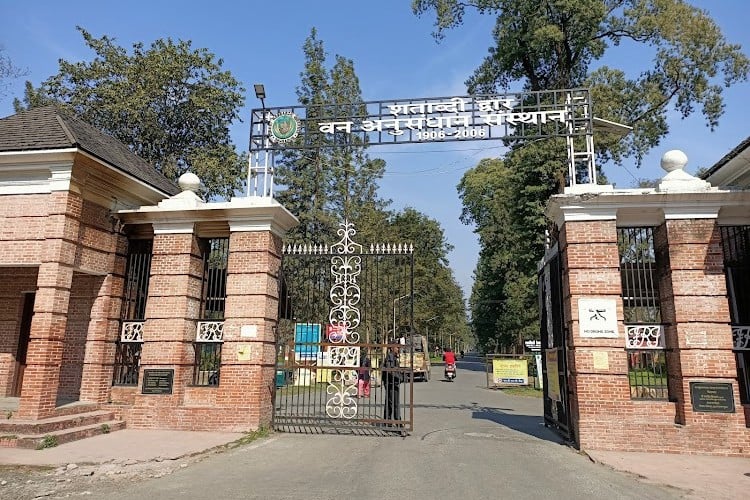
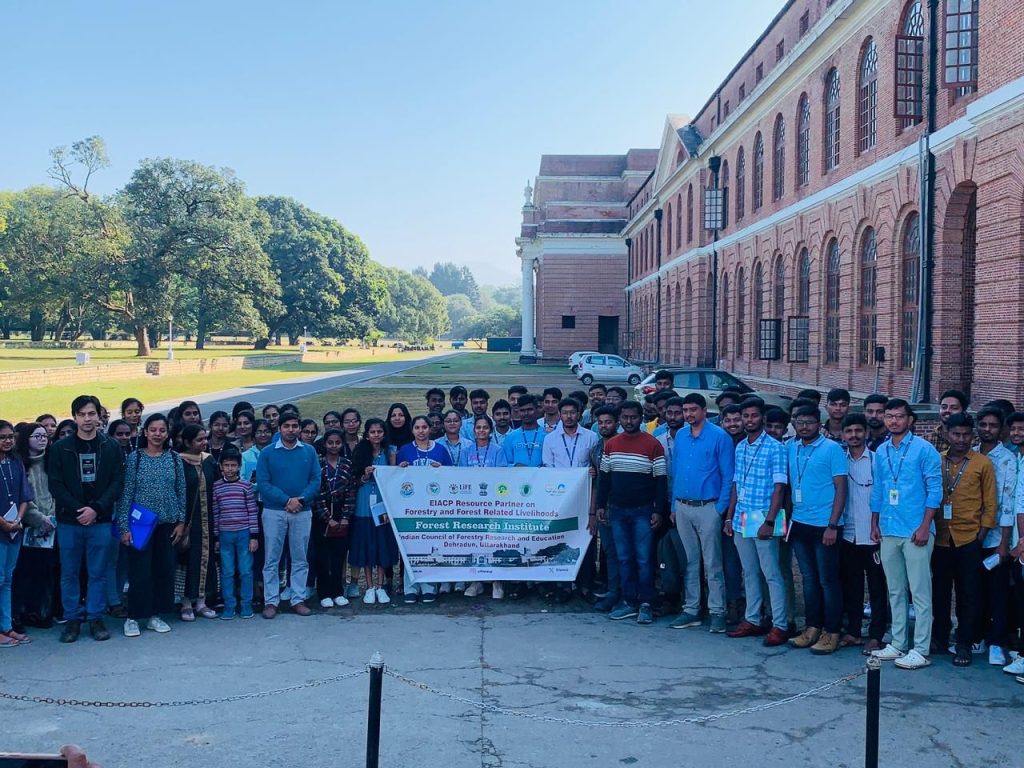

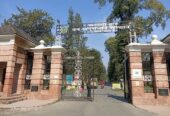

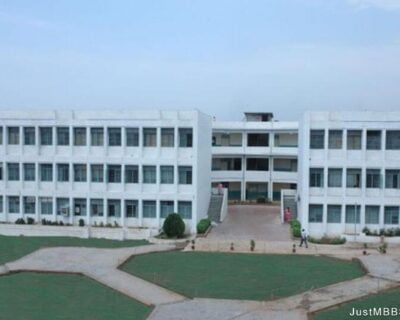
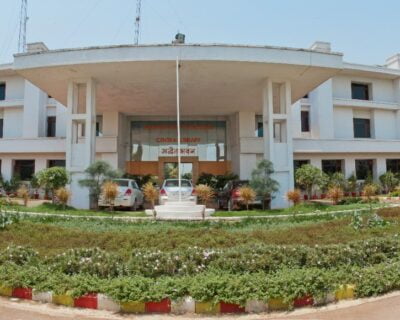
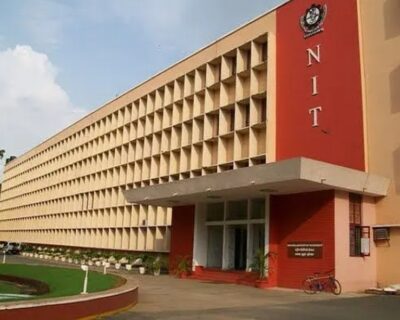
Leave a Comment